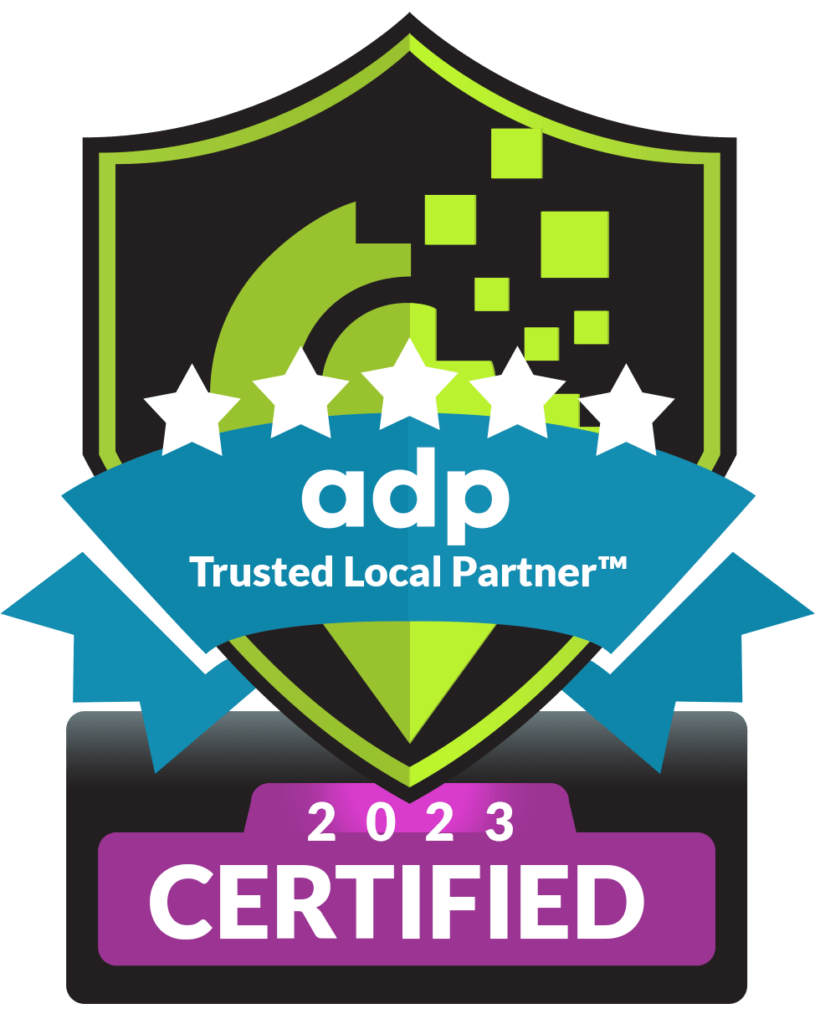Over the years, content marketing disputes have often focused on quality versus quantity. Of course, high-quality content provides value to readers and is more likely to be shared, but an increased output can target more keywords. As time has gone on, it’s become increasingly clear that posting largely irrelevant content will actually do more harm than good. Let’s take a look at some examples of this.
How Irrelevant Website Content Causes Damage in Search Results
We have many examples we can share about the damage caused by website content that isn’t written based on a plan. We are going to share three current challenges we have encountered.
Example 1
Rocks Digital itself ranks highly for the term “CMOS battery failure” and related terms. This is due to a guest post from many years ago. The diversity of content from guest posts is actually impeding our ability to rank for targeted keywords related to the services we offer. We are working to overcome this by producing content about subjects just like this – wish us luck!
Example 2
A dental site has a high-ranking article about vampire teeth, yet the content related to their main services doesn’t receive the same prominence. Because of this they also rank for keyword phrases like “human vampire teeth” and “are vampire teeth real,” etc. This issue was caused by the lack of a joined-up SEO and content strategy.
Example 3
A site ranking for “is vaping dangerous” published an article as a response to patient questions received at their office. But the site has nothing to do with vaping – it’s an eye doctor’s website. They rank for countless random keywords like this, none of which are relevant to their services.
How to Create Relevant Content for Visitors and Search Engines
So, even websites with the best intentions can feel the pain of irrelevant content. However, there’s a clear solution to this problem, which is meshing SEO and content planning to deliver relevant posts. But how can you identify the right keywords?
1. Analysis of Website Data for SEO
Google Search Console provides a lot of useful data for content research. Collect the important data like impressions, clicks, click-through rate & position for your business’ website and combine it with an SEO tool like Semrush to extract keyword volume data to analyze the topics that should be written about on your website. This information can form the basis of a content marketing strategy for your business.
If you want to avoid paid tools, the Chrome extension, Spark powered by seoClarity, is incredibly useful. You can monitor ranking positions along with search volume, conduct an on-page SEO audit including keyword relevancy, determine the page topic through the eyes of the search engines and monitor backlink sources.
2. Monitor the Competition
When you have an idea for an article, a quick Google search will reveal a lot. The top-performing sites must be doing something right, but you’ll often find opportunities to deliver greater value. You may even find that the site that is ranking is not delivering the best answer possible. In that case, taking the spot from them in search results could be easy.
3. Check the Questions That Searchers Are Asking
Google provides a content research tool with their “People also ask” search feature. The questions included along with a search query are the most popular questions that users want answered. These questions can be adapted for new content that is highly relevant to your main focus. In addition, the free version of the Keywords Everywhere Chrome browser extension gives keyword suggestions that people also search for.
4. Use Social Media Sites
Social media is a good source for content ideas as many questions are asked, but replies can often be quick and incomplete. While sites like Quora or Reddit feature useful content, they often leave readers wanting more substance – and you can use this to your advantage.
An Integrated SEO Strategy and Content Strategy Is Necessary
At Rocks Digital, we work with clients across many industries, providing a wide range of SEO services including content strategy and writing services. We have found that taking the time to consider the relevance of each piece of content is critical. Content must match the type of services each client provides while also delivering enough search volume to make it worthwhile. It must also be something that a searcher wants to know. While this approach isn’t simple to implement, the results pay off for our local business clients.
Effective Content Marketing Delivers SEO Results
Do you need help creating a content marketing plan that provides increased traffic and greater search visibility? At Rocks Digital, we deliver goal-driven campaigns that your customers will love. To get started, call (214) 989-7549 or request a SEO evaluation today.
Lissa Duty
Lissa Duty is Social Media Coach, Author, Speaker & Trainer. 20 years of marketing, administrative and management experience working to grow your business.



















